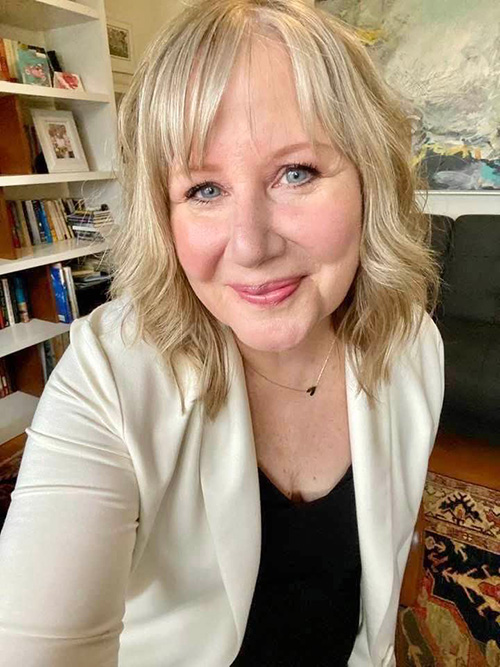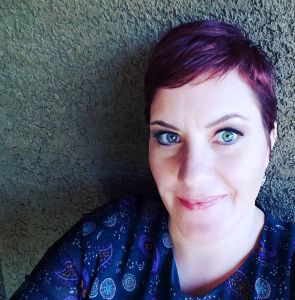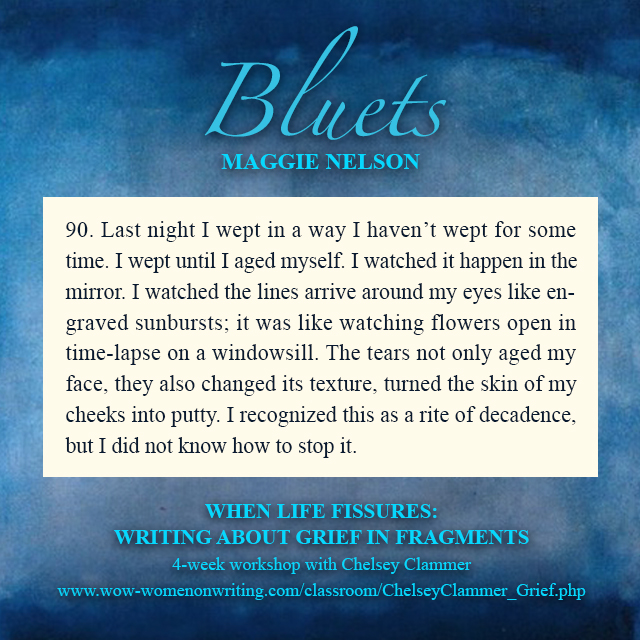Jennifer’s Bio:
Jennifer Paquette is the founder and retired artistic director of a theatre program for young people. She now enjoys hanging with her gaggle of granddaughters, and co-producing/directing Voiceover work out of her home studio with her partner in all things, Jason. She is a prize-winning essayist (Eden Mills Literary Contest, Stratford Writers Festival) whose creative work has appeared in The National Arts Centre’s Canada Performs Series, Canadian Stories Magazine, Memoir Writing Ink. and elsewhere. She credits the community of writer friends she meets with regularly for inspiring her. Jennifer has been a contest reader for the Amy MacRae Award for Memoir since 2021 and is the author of two early reader books. Find her at: jenniferpaquette.ca
Read More »
If you haven't done so already, check out Jennifer's award-winning essays "New Ride" and "Goodwill" and then return here for a chat with the author.
WOW: Congratulations on placing twice in the Q1 2025 Creative Nonfiction Contest! How did you begin writing your essays and how did they and your writing processes evolve as you wrote?
Jennifer: Both essays were written for a bi-weekly writing group I belong to. “New Ride,” an account of a day spent with my 90-year-old mother came easily, requiring less editing than much of my writing. As the day unfolded, I knew I would write about it, so I made a point of observing, taking in the details. It may be interesting to note that I wrote the photograph section first and built the rest of the piece around it. The process for “Goodwill” was different. It was originally a much longer essay. It lacked focus. I played with tense and voice, trying it in first person, then third person, before landing on the idea to use both. Editing it down to under 1000 words gave the piece clarity (thanks WOW! for that word count!)
WOW: We’re glad to play a role in the success of your essays! Thank you for sharing your process. What did you learn about yourself or your writing by creating these essays?
Jennifer: Writing “New Ride” helped to unlock some of the mystery surrounding my relationship with my mother. The decision to pay attention, to witness and record the many versions of her has resulted in a deeper sense of compassion for us both. “Goodwill” tells the story of a time in my life I had been avoiding writing about. It took years to work up the courage which, in the end, was a good thing. Writing nonfiction, particularly about a traumatic experience, requires enough distance from the event to understand its larger meaning. When a photo of me in “the dress” recently surfaced, I began to write, knowing the dress was somehow key. It was. The third person narrative around the dress helped to temper the brutal immediacy of the diary entries and gave the piece a forward focus.
WOW: From your bio, it sounds like your writing community has been very influential for you. How did you build your writing community? For any readers here who are new and/or still building their writing communities, do you have any tips for doing so?
Jennifer: I can’t say enough about my writing community. It developed out of a writing course we attended together five years ago. The course came to an end, but we decided to continue meeting, even zooming our way through the pandemic. I strongly recommend registering for writing classes/workshops/courses. Connecting with other writers can be such a source of motivation and inspiration.
WOW: Which creative nonfiction essays or writers have inspired you most, and in what ways did they inspire you?
Jennifer: My community of writers. They have very different styles, and I admire them all. We have the luxury of meeting in person and reading our stories aloud. I learn so much, just by listening. And Joan Didion. I love this quote from her The Paris Review interview, 2006: “You get the sense that it’s possible simply to go through life noticing things and writing them down and that this is OK, it’s worth doing. That the seemingly insignificant things that most of us spend our days noticing are really significant, have meaning, and tell us something.”
WOW: That’s a powerful quote. And it’s wonderful that you draw such inspiration from your writing community, too. If you could tell your younger self anything about writing, what would it be?
Jennifer: When I was a kid, I’d sit at the kitchen table with paper and pen and an essay to write. I’d moan and groan that I didn’t know what to write and my mother (a teacher) would say, “Just write. It will come.” That has been my mantra ever since. Also, don’t imitate or compare. Allow your own voice to surface and trust that it knows best.
WOW: Great advice and poignant mantra. Thank you for sharing your writing with us and for your thoughtful responses. Happy writing!
Interviewed by Anne Greenawalt, founder and editor-in-chief of Sport Stories Press, which publishes sports books by, for, and about sportswomen and amateur athletes. Engage on Twitter or Instagram @GreenMachine459.















